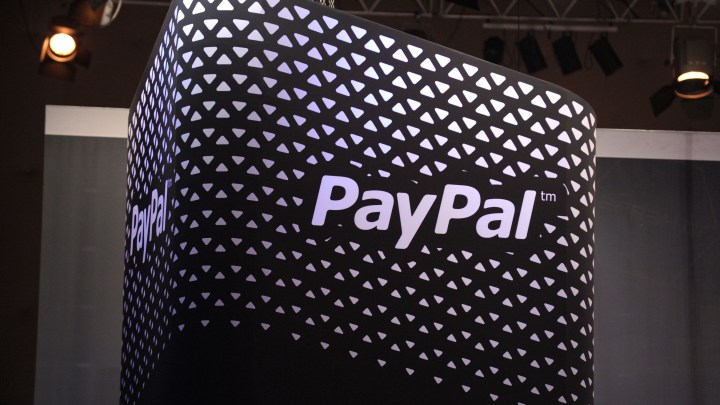
IRS tells payment apps to report business transactions over $600
IRS tells payment apps to report business transactions over $600

New year, new tax laws. Starting in 2022, mobile payment apps like Venmo, PayPal, Cash App and Zelle are required to report business transactions totaling more than $600 per year to the IRS.
Before, the threshold was much higher — $20,000 — and you had to make a certain number of transactions. So what does this change mean for businesses?
When Venmo started, it was mostly used to split bills for things like dinner or utilities among friends and family.
Now, the platform is used by “hairdressers, dog walkers, financial consultants,” said Jonathan Medows, a CPA for independent contractors in New York City. About half his clients use digital payment platforms in lieu of checks, credit cards or cash.
“The old days of taking $20 and putting it in your pocket are long gone,” he said.
However, cash — and now apps — make it easier for people to illegally underreport their earnings. The IRS wants to collect on that, said Caroline Bruckner, managing director of the Kogod Tax Policy Center at American University. Especially now that the labor force has shifted.
“As a result of the Great Resignation, it’s not that people aren’t working, it’s just that many people are starting to work for themselves,” she said.
The Bureau of Labor Statistics expects the number of self-employed workers to continue growing, and faster than the rate projected for job growth overall. Of course, not everyone’s going to love this new rule.
“Business owners who prefer to operate in a cash environment — let me put it that way — kinda may try to shift back in that direction, to a certain extent,” said Lisa Ellis, a payments analyst at MoffettNathanson.
But she doubts customers will shift back to cash with them, especially during a pandemic that’s helped solidify digital transactions. She added that it’ll be hard for business owners to get around the law. The platforms are being held responsible, so they’ll create more back-end features to convince people to make business-specific accounts and prompt customers to categorize payments. Plus, there’s always artificial intelligence.
“They can tell, right, based on the activity in your wallet if you’re a business,” Ellis said. “Like, let’s be honest. They can tell.”
Especially if I keep adding that little haircut emoji to my stylist’s tip.
There’s a lot happening in the world. Through it all, Marketplace is here for you.
You rely on Marketplace to break down the world’s events and tell you how it affects you in a fact-based, approachable way. We rely on your financial support to keep making that possible.
Your donation today powers the independent journalism that you rely on. For just $5/month, you can help sustain Marketplace so we can keep reporting on the things that matter to you.

















